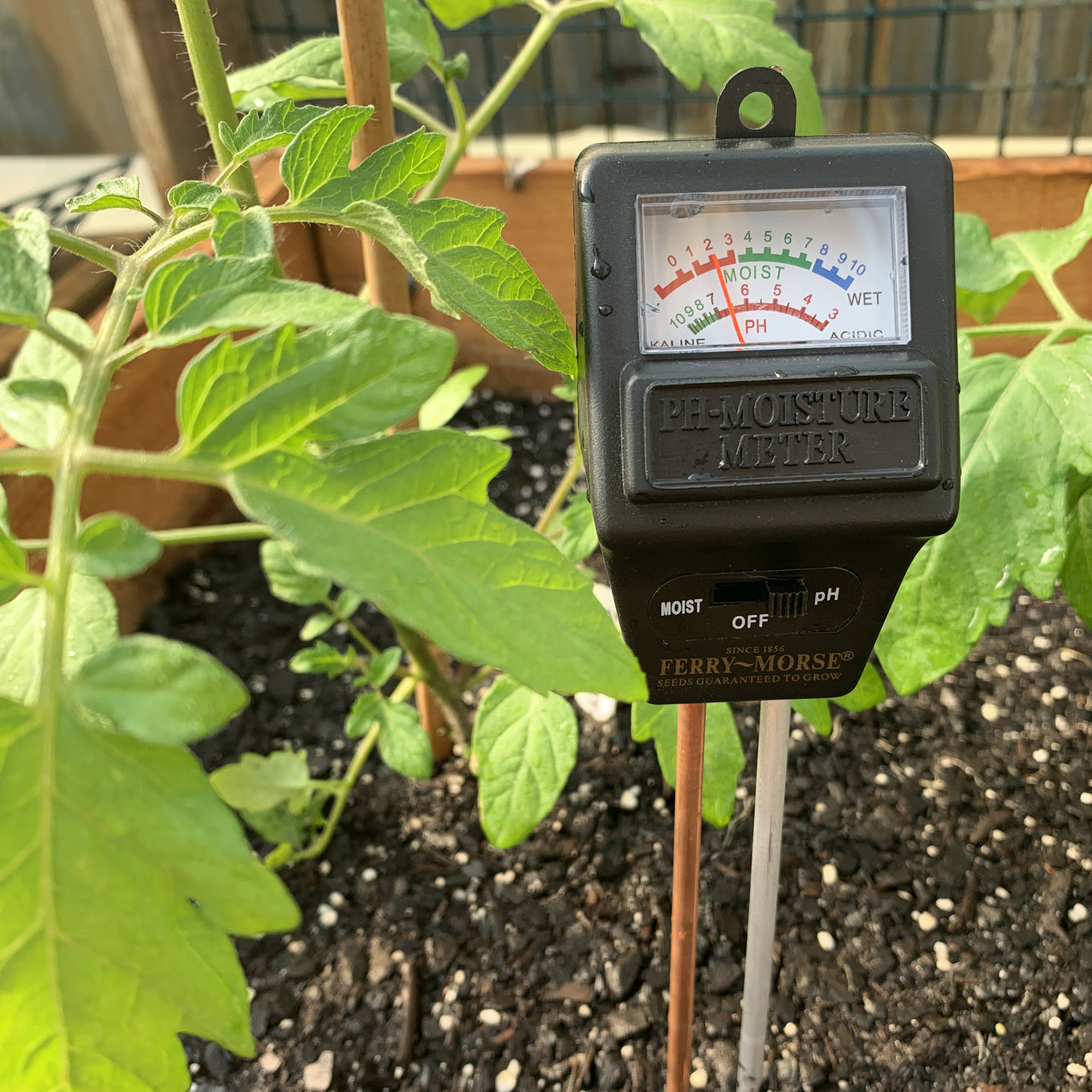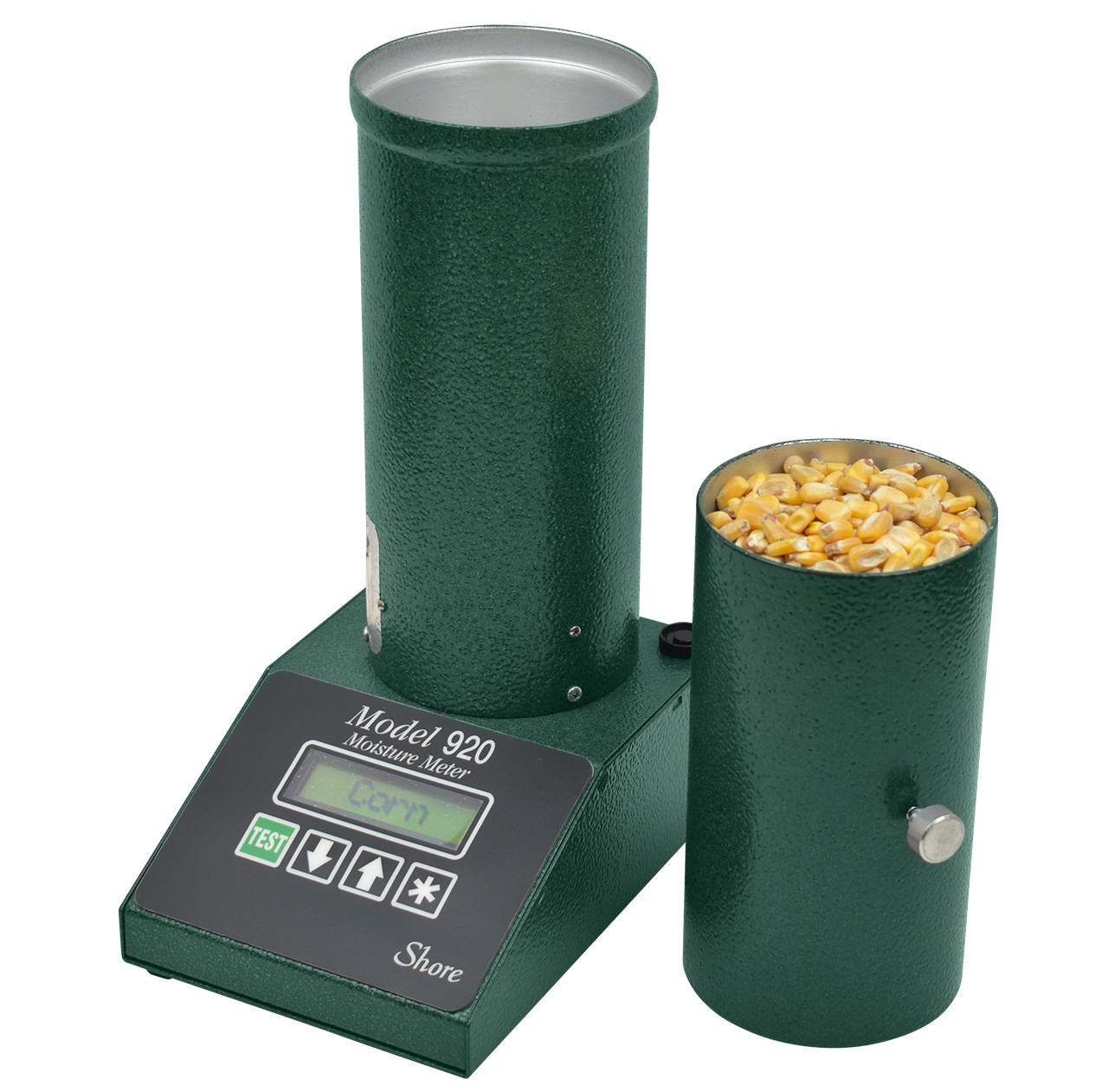The Ultimate Overview to Picking the Right Moisture Meter for Your Demands
The Ultimate Overview to Picking the Right Moisture Meter for Your Demands
Blog Article
The Ultimate Guide to Moisture Meters: A Comprehensive Summary and How They Can Conserve You Cash
Moisture meters offer as crucial devices in identifying and keeping track of moisture web content in products, assisting in avoiding pricey damages and making certain the quality of items. Comprehending the subtleties of different kinds of dampness meters, their applications, and the potential cost-saving benefits they supply can be a game-changer for organizations and specialists alike.
Kinds Of Dampness Meters
One common type is the pin-type wetness meter, which measures the electric resistance between 2 pins placed right into a material. Pinless wetness meters, on the other hand, use electro-magnetic sensor plates to scan a larger location without creating damages to the material's surface area.

Infrared moisture meters determine the thermal residential or commercial properties of a product to identify its dampness content non-invasively, making them beneficial for applications where pin or pinless meters might not be suitable. Recognizing the different types of dampness meters offered can help industries choose the most ideal device for their details moisture dimension needs.

Advantages of Utilizing Dampness Meters
Moisture meters offer important benefits in precisely checking and analyzing wetness levels in diverse materials and environments. One of the key advantages of utilizing wetness meters is the prevention of potential damage caused by excess moisture.
Furthermore, making use of dampness meters can cause boosted power efficiency. By recognizing locations with high dampness degrees, such as leakages or poor insulation, changes can be made to boost power conservation and reduce energy expenses. In farming settings, dampness meters play a crucial duty in enhancing crop returns by allowing farmers to check dirt moisture degrees and make notified watering decisions. On the whole, the benefits of using dampness meters span throughout various sectors, offering cost-effective options and promoting far better quality assurance techniques.
How to Select the Right Dampness Meter
Choosing the proper moisture meter involves thinking about vital elements such as product compatibility, dimension range, and calibration accuracy. When selecting a dampness meter, it's necessary to make sure that the meter appropriates for the particular material you will certainly be screening. Various products have differing electrical homes that can affect dampness readings, so selecting a meter developed for your product is important for exact outcomes. In addition, think about the measurement variety of the moisture meter. Make sure that the meter can detect moisture levels within the range required for your applications. Calibration accuracy is an additional vital variable to keep in mind. Select a wetness meter with reputable calibration to make certain precise and regular readings. Some meters may require periodic calibration changes, so comprehending the calibration procedure is very important. By very carefully examining these aspects, you can select a moisture meter that meets your demands and gives exact wetness measurements for your projects.
Appropriate Methods for Moisture Meter Use

Cost Cost Savings With Moisture Meter Applications
Exactly how can the tactical utilization of moisture meters result in substantial expense financial savings throughout different markets? Wetness meters play a vital role in cost financial savings by protecting against possible damages and guaranteeing quality control in different fields. In the farming sector, wetness meters aid in identifying the optimal time for collecting plants, protecting against excess or over-drying dampness that can impact the last product's quality. This specific tracking helps farmers stay clear of unneeded losses and maximize their home return.
Similarly, in building and construction, wetness meters aid stop costly problems by finding moisture levels in structure materials, such as wood or concrete, which can lead to structural problems otherwise resolved quickly. By identifying issue locations early on, specialists can take restorative measures to prevent comprehensive fixings or substitutes, ultimately conserving money and time.
Additionally, in the food handling sector, moisture meters are necessary for monitoring item quality and ensuring compliance with safety guidelines. By precisely measuring wetness web content in food products, producers can stop perishing, keep freshness, and reduce waste, causing substantial price savings. In This Site general, the calculated application of wetness meters is a beneficial financial investment that can lead to significant cost reductions and improved efficiency across various industries.
Conclusion
In conclusion, wetness meters are useful devices for identifying and measuring dampness degrees in numerous products. By making use of the appropriate dampness meter and complying with appropriate techniques, users can efficiently prevent costly problems triggered by excess wetness. Investing in a quality wetness meter can result in significant cost financial savings over time by determining potential issues beforehand and making it possible for see this here timely remediation. Inevitably, wetness meters are necessary instruments for maintaining the honesty and durability of materials and frameworks.
Dampness meters serve as indispensable tools in detecting and monitoring moisture material in products, helping in preventing expensive problems and guaranteeing the top quality of products. Infrared wetness meters gauge the thermal buildings of a product to determine its wetness content non-invasively, making them helpful for applications where pin or pinless meters might not be suitable.Moisture meters use important advantages in precisely keeping track of and evaluating moisture levels in varied products and environments. In agricultural setups, moisture meters play a crucial duty in optimizing crop returns by making it possible for farmers to check dirt dampness degrees and make notified irrigation choices.In conclusion, wetness meters are important devices for determining and finding dampness levels in numerous products.
Report this page